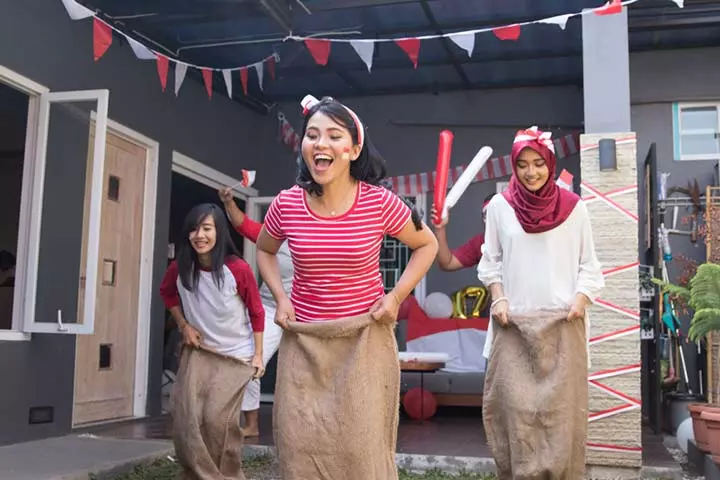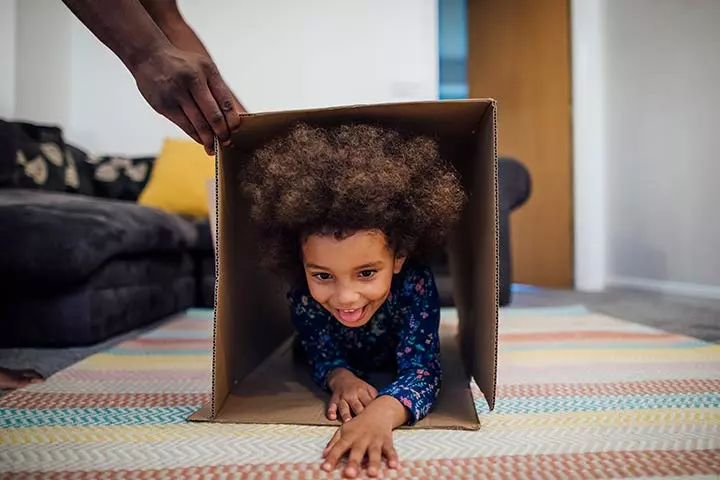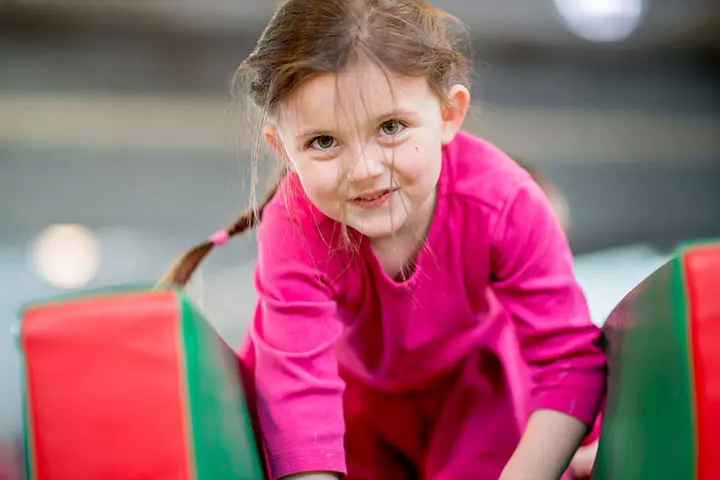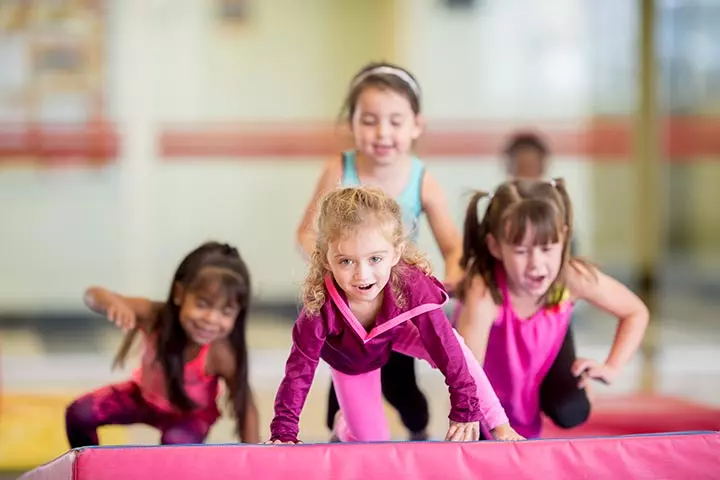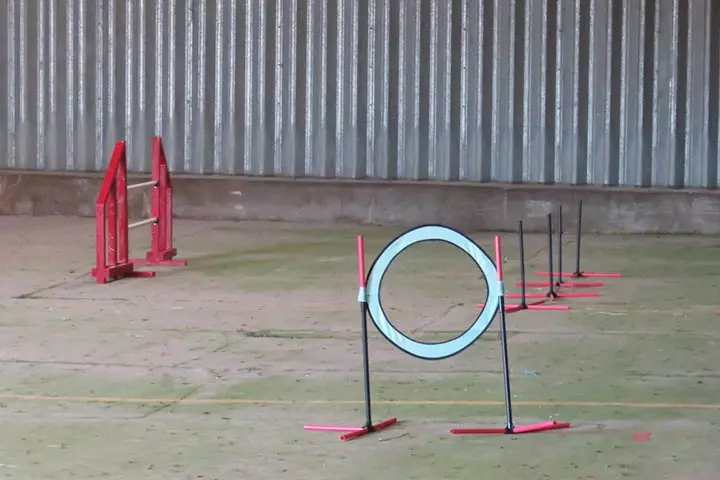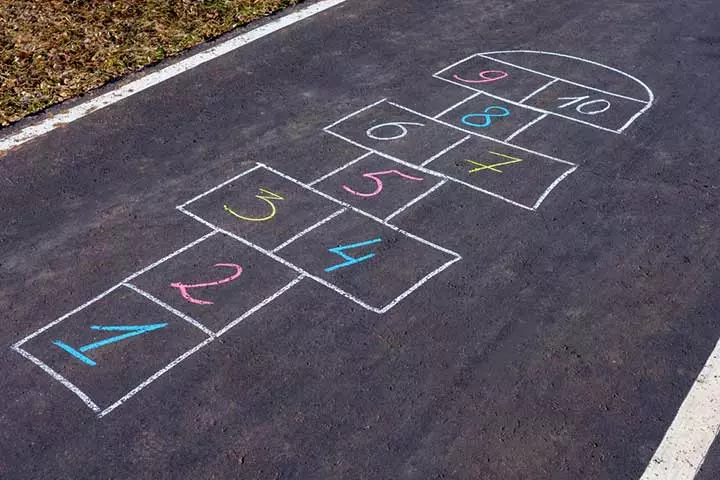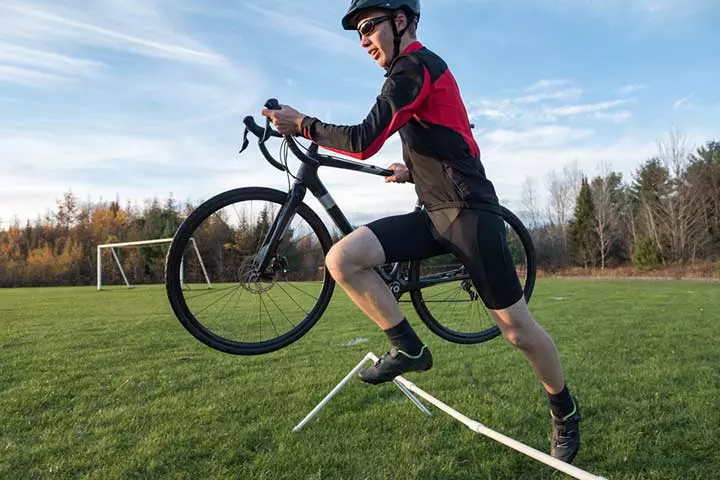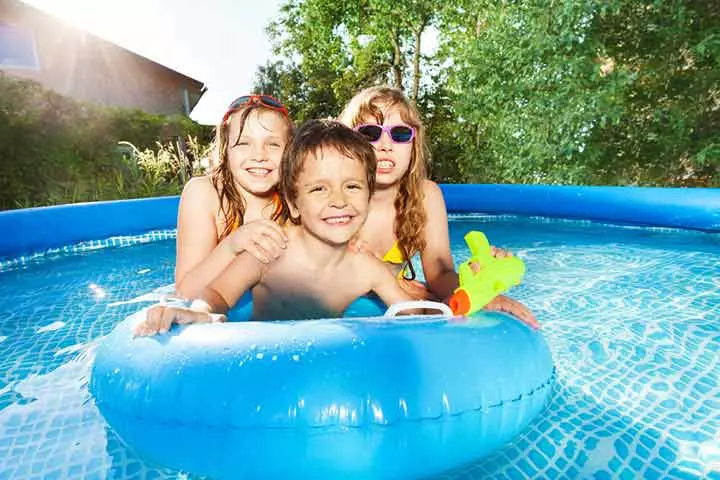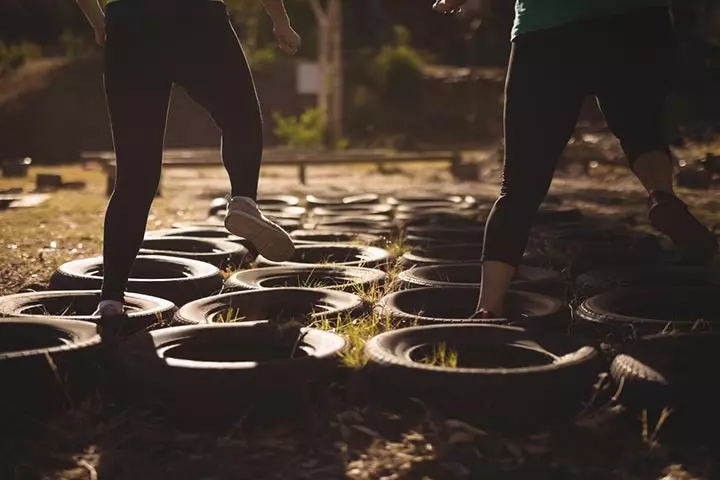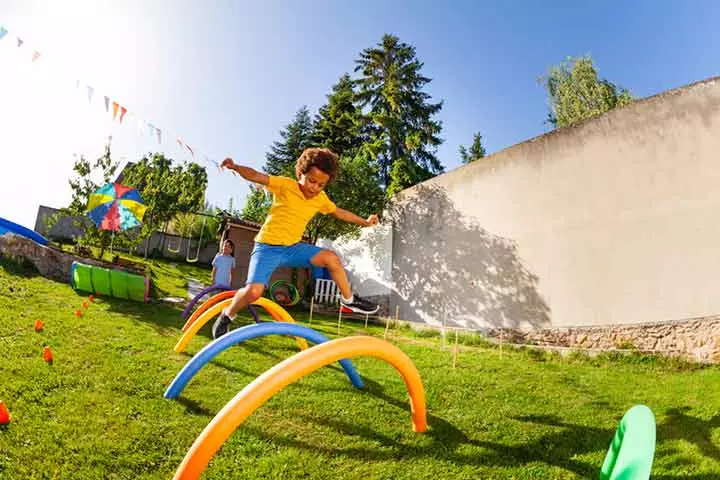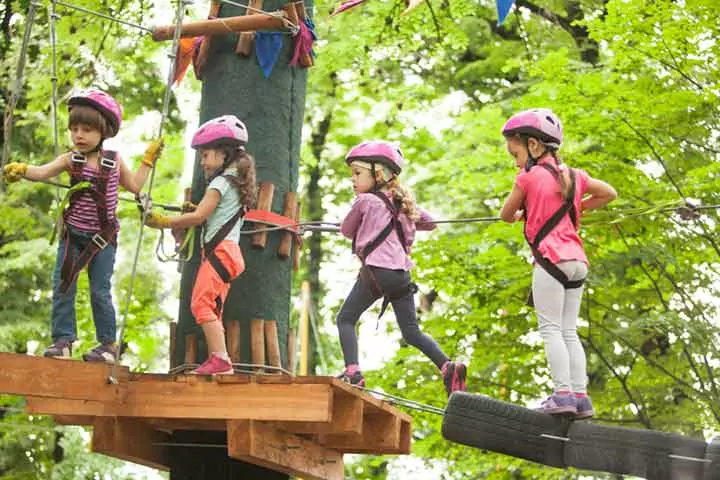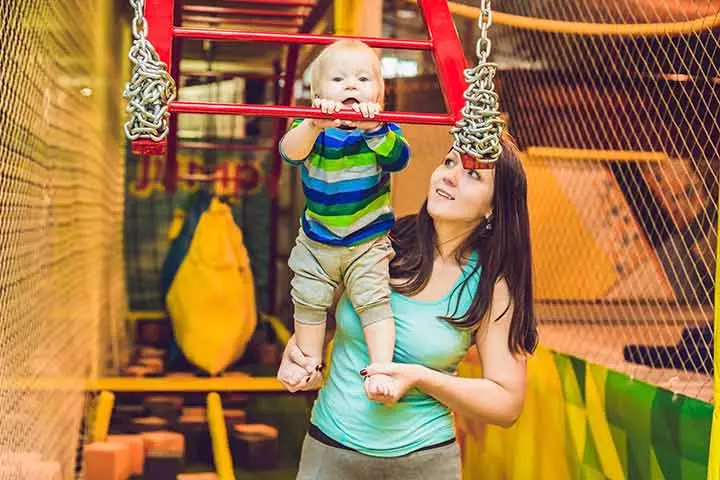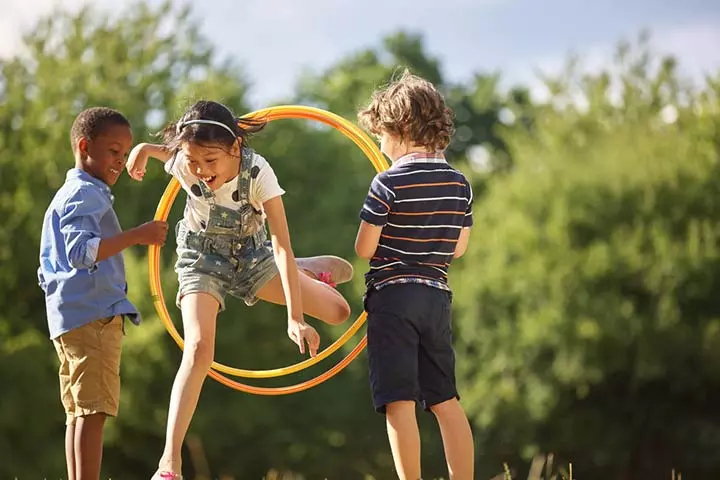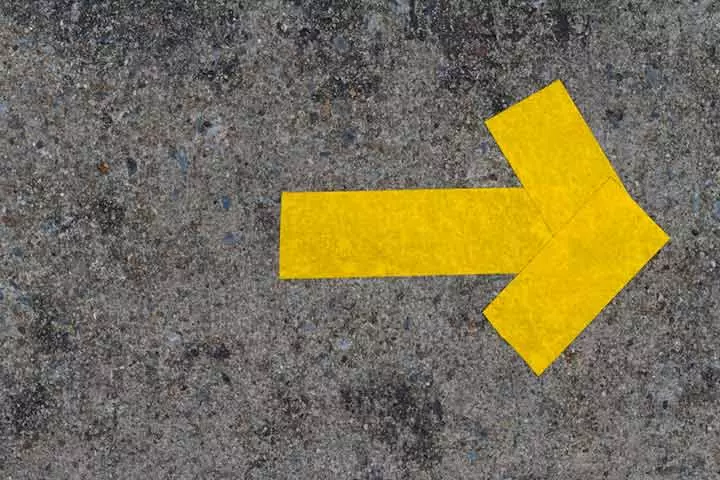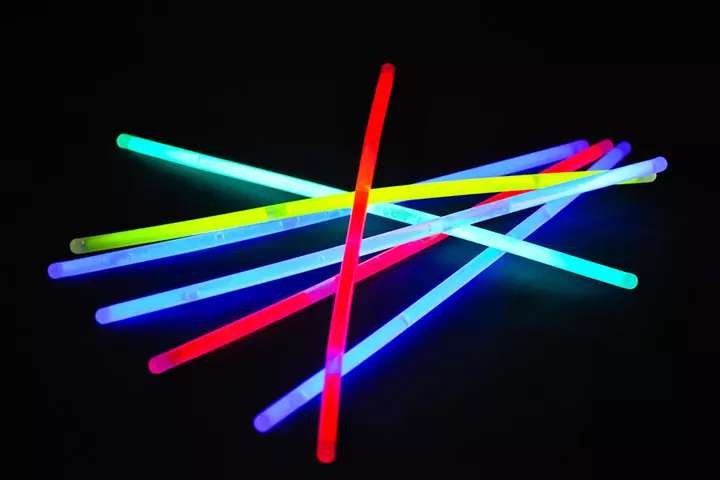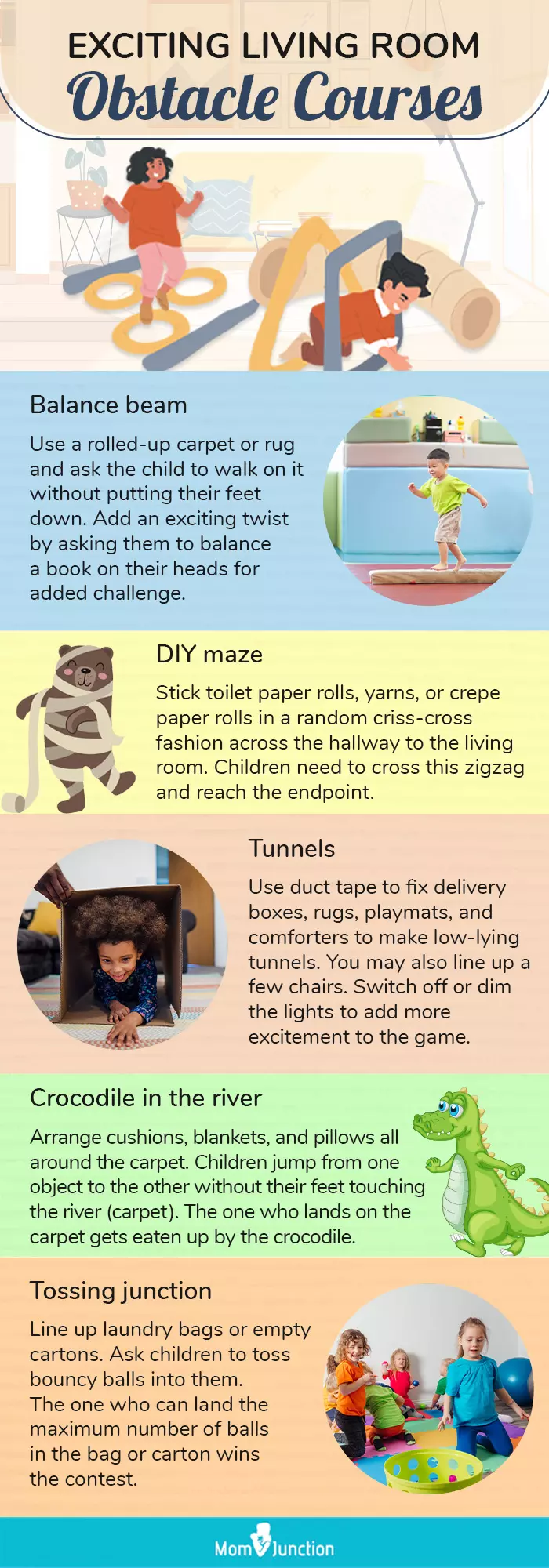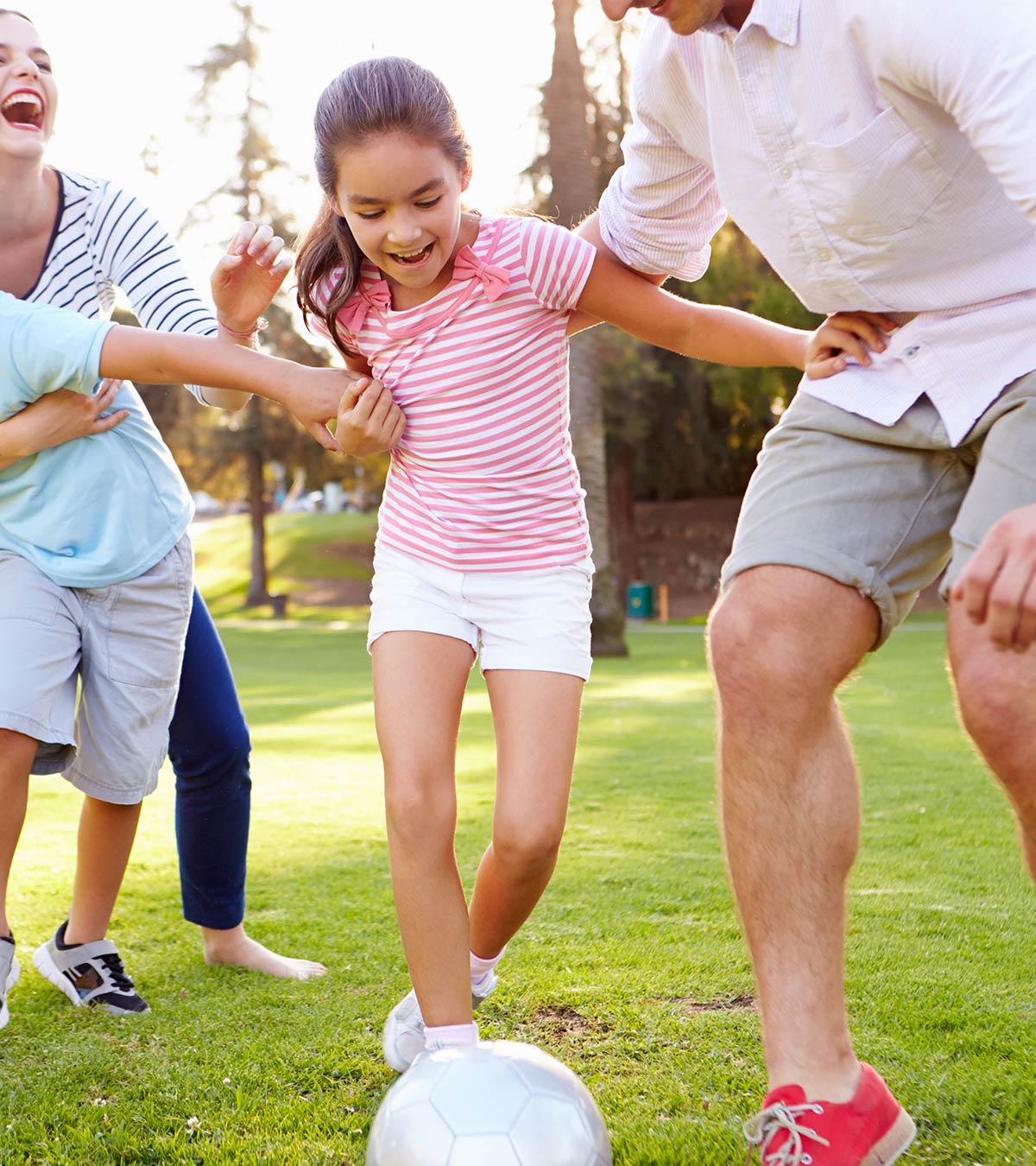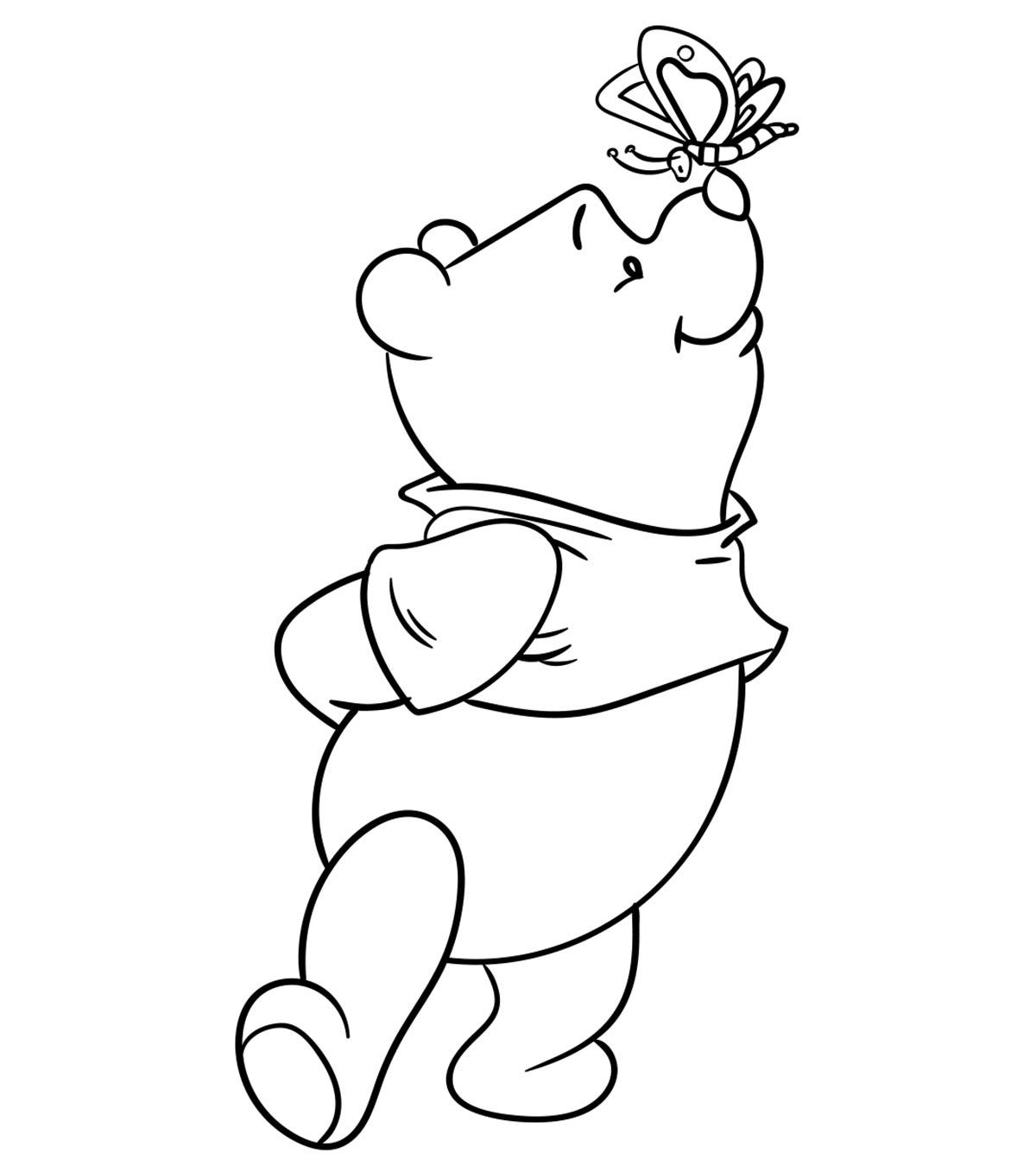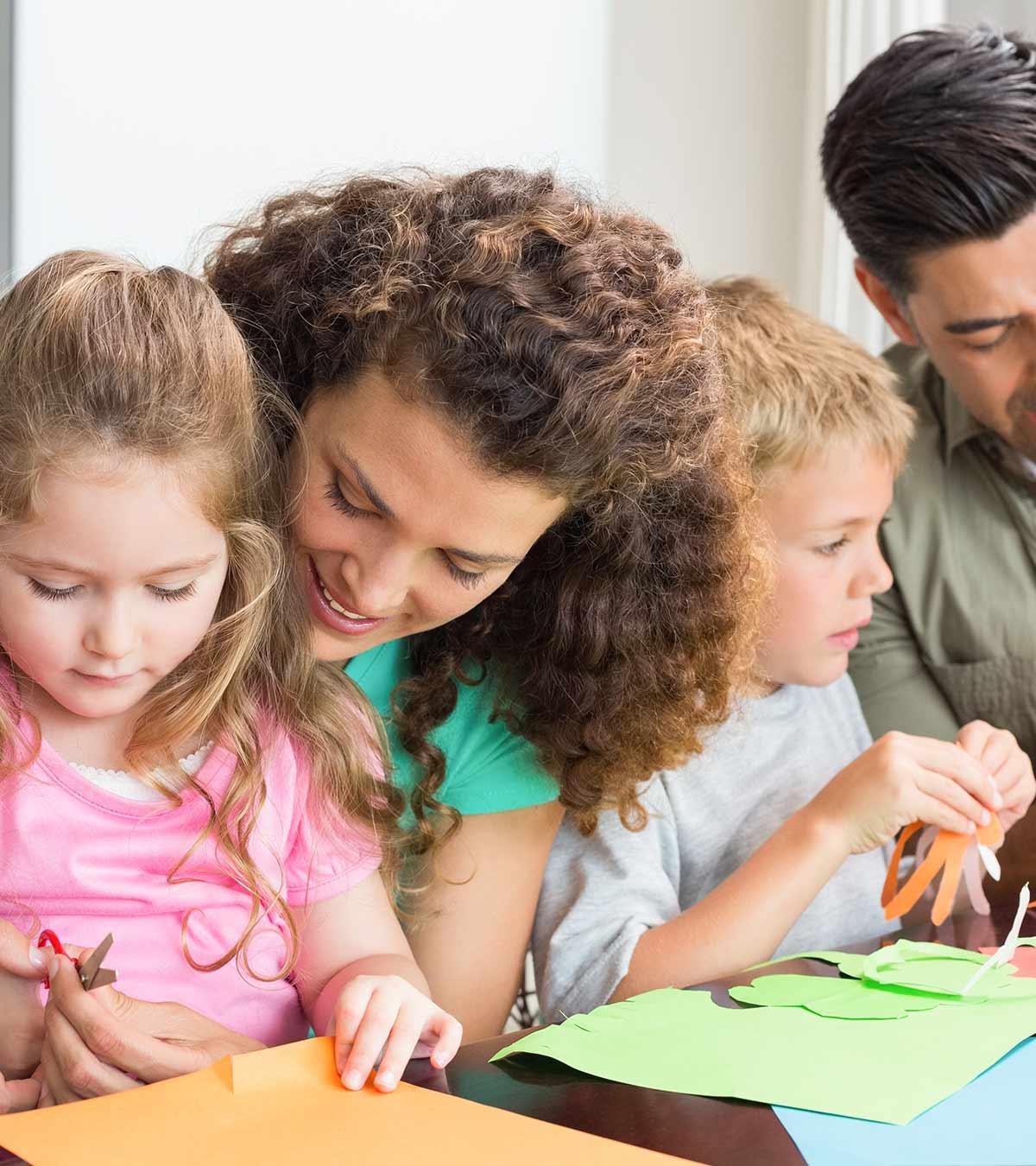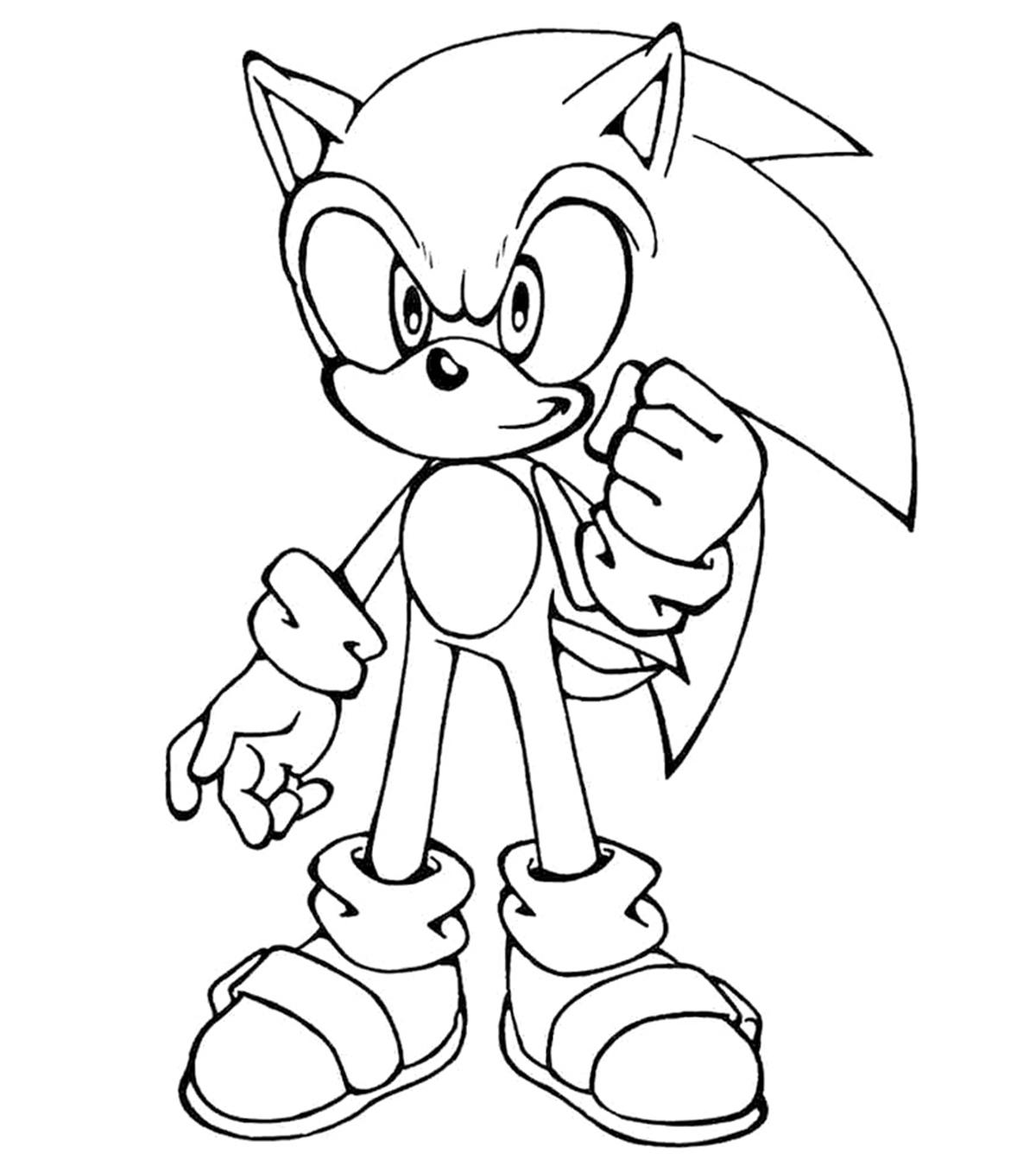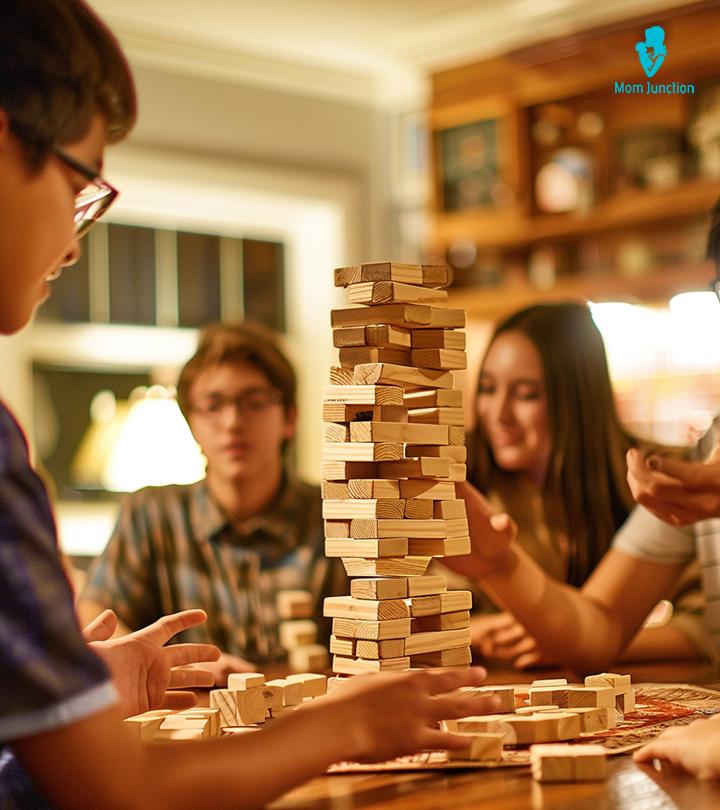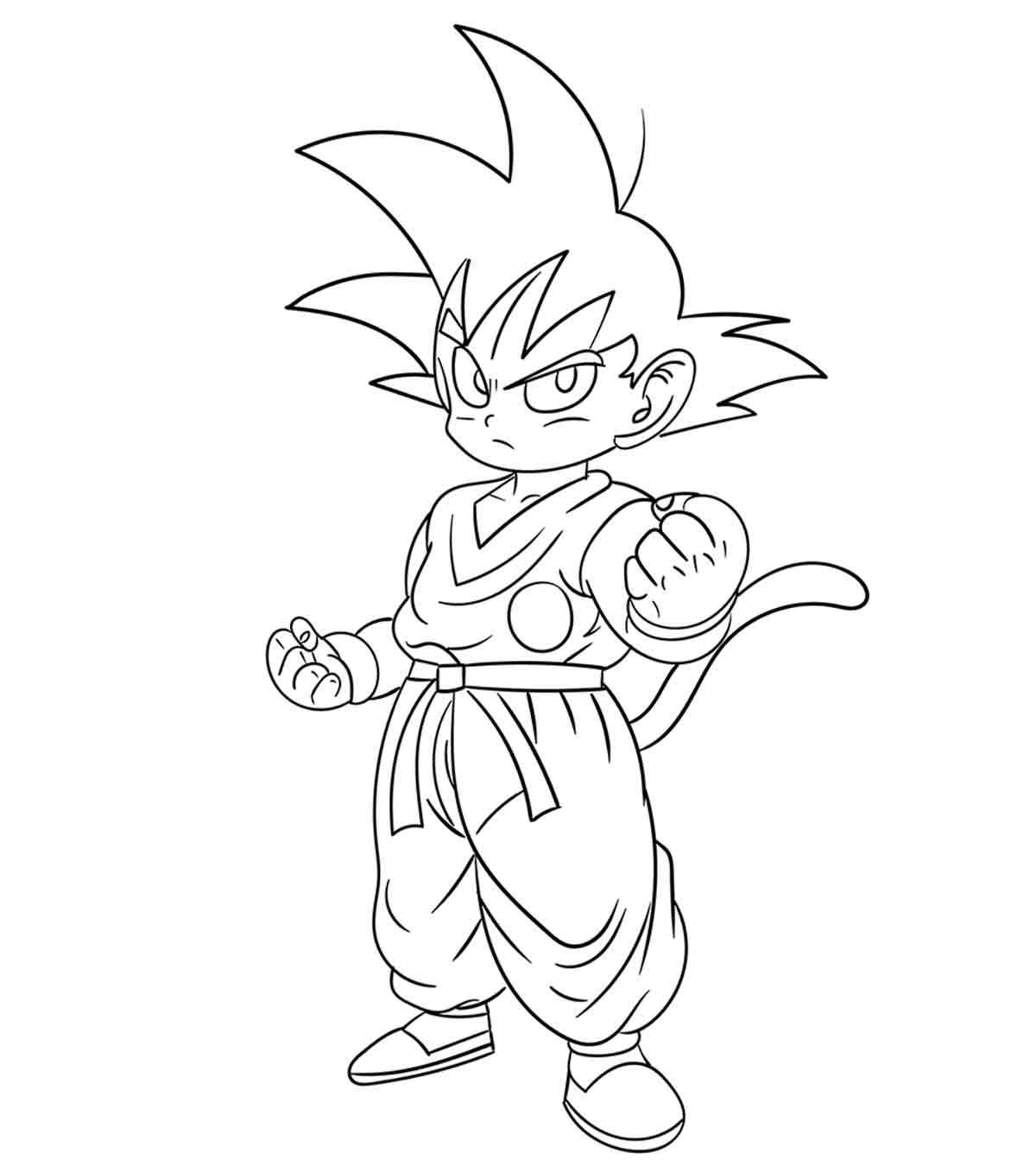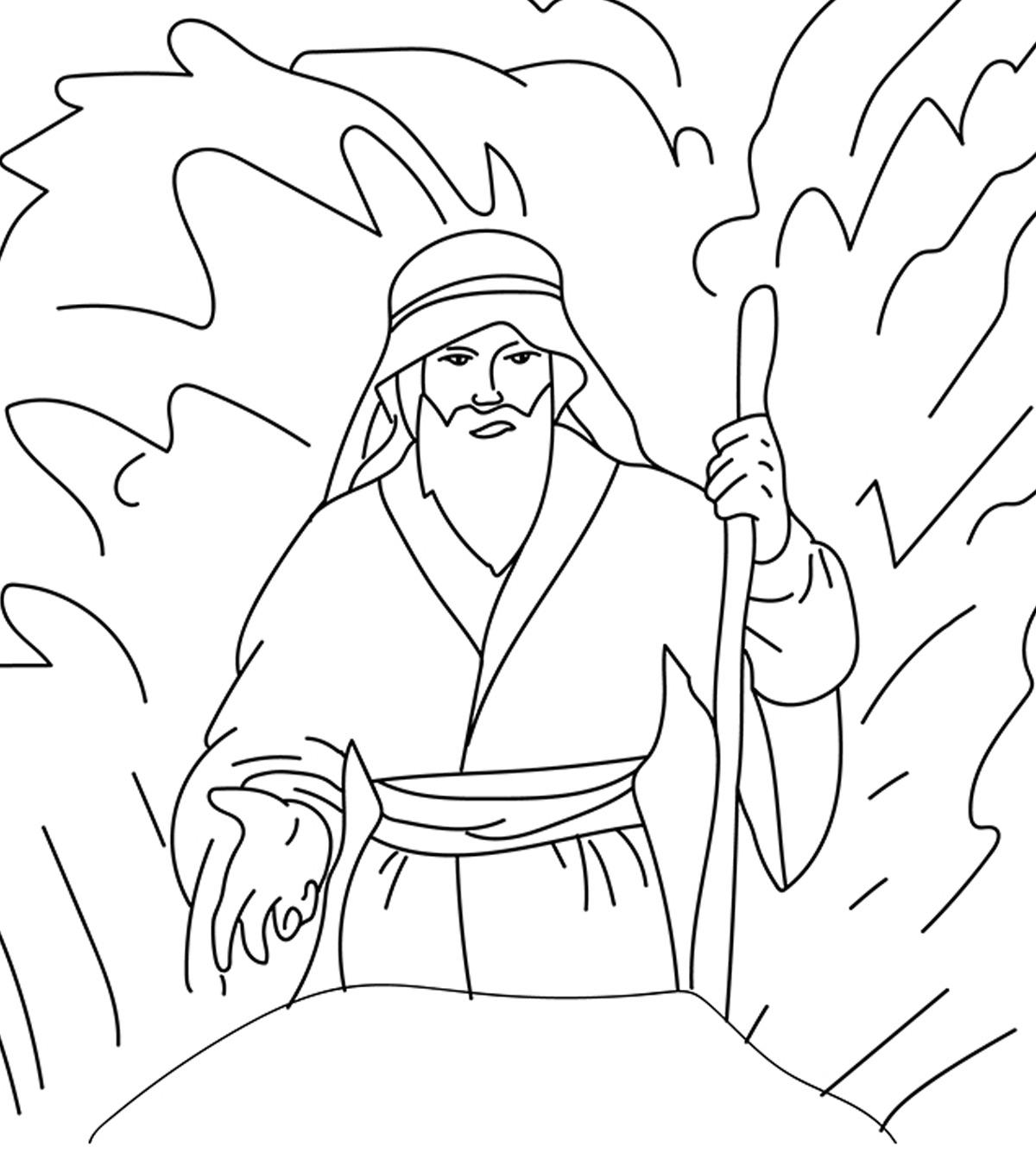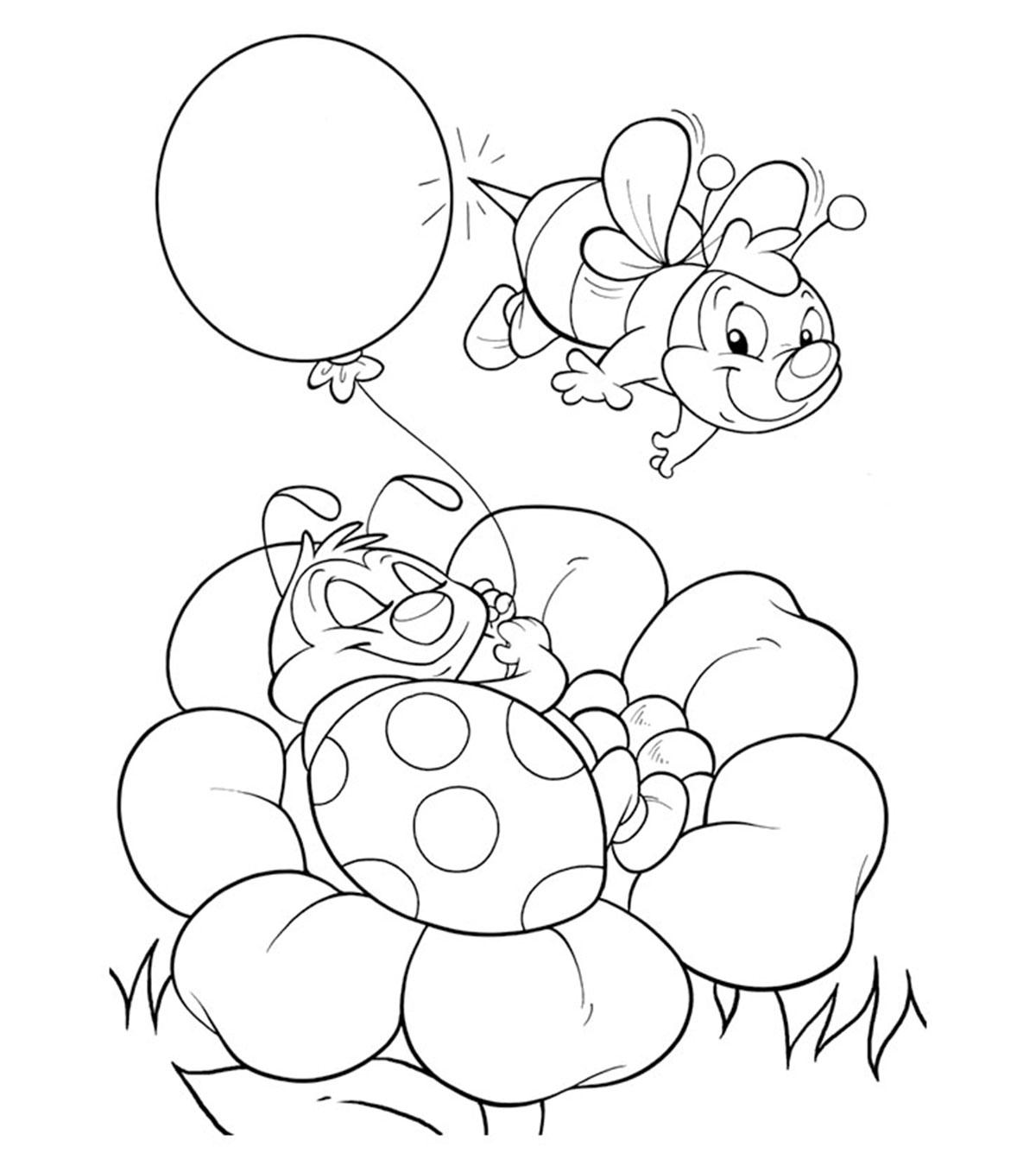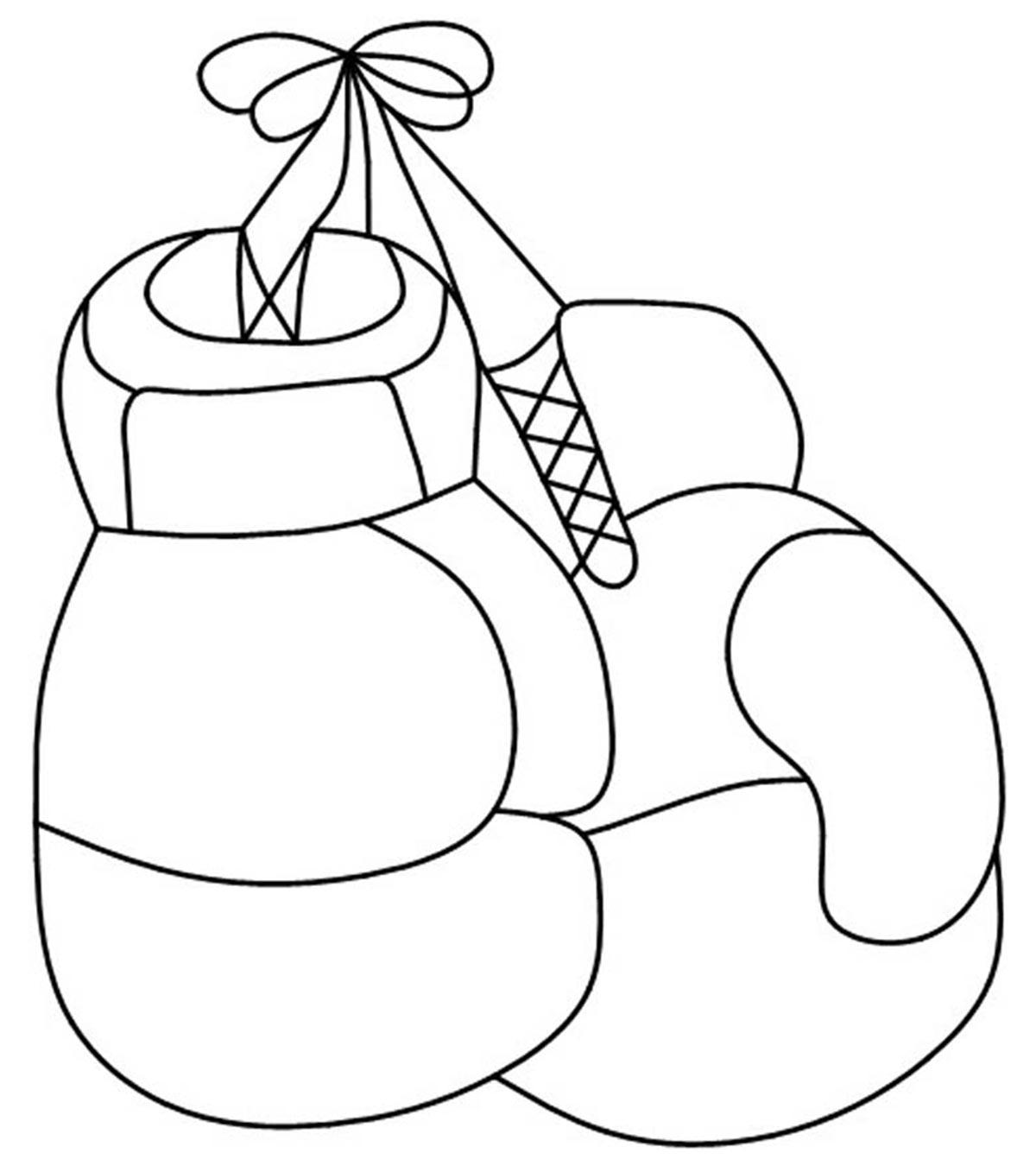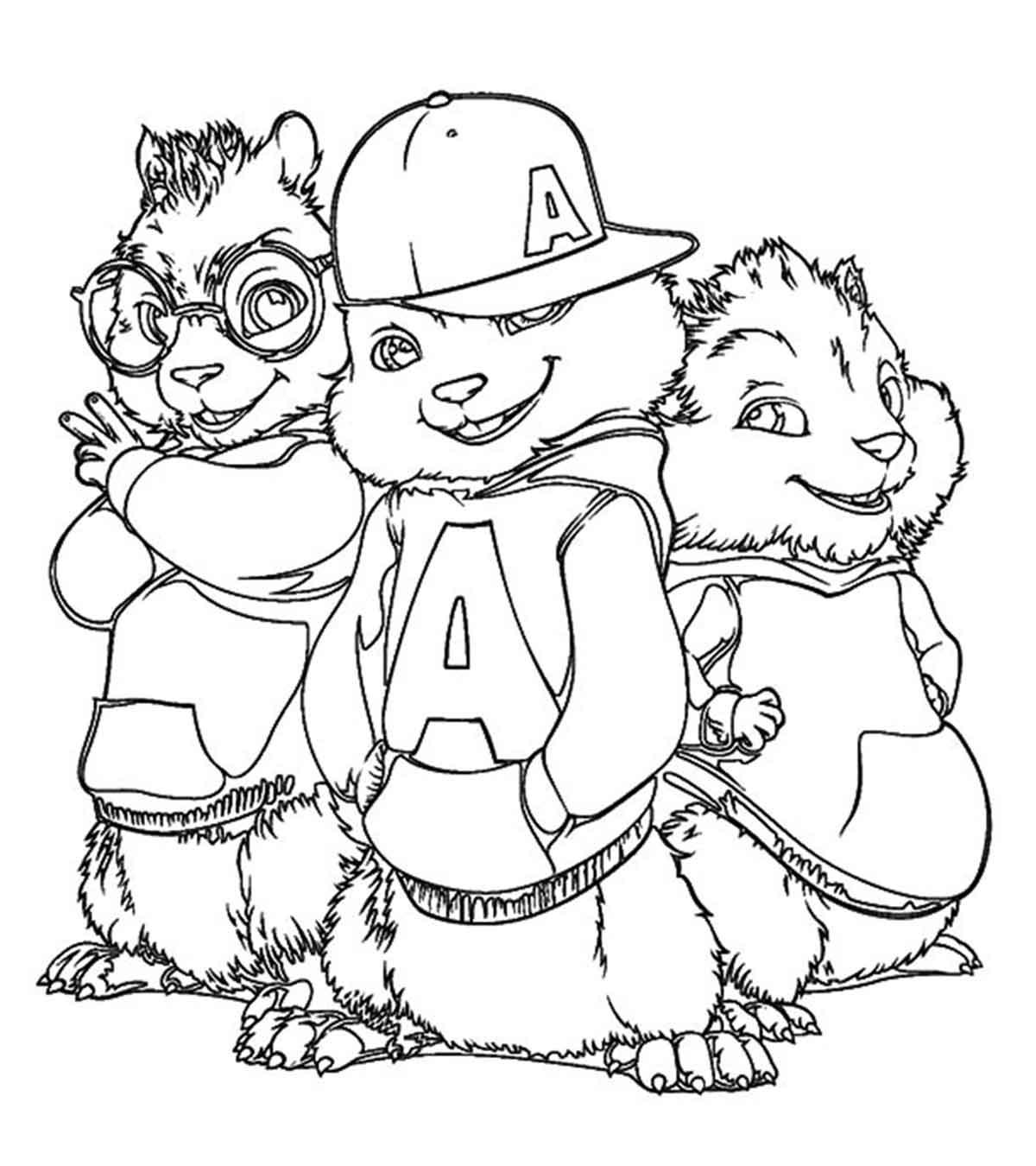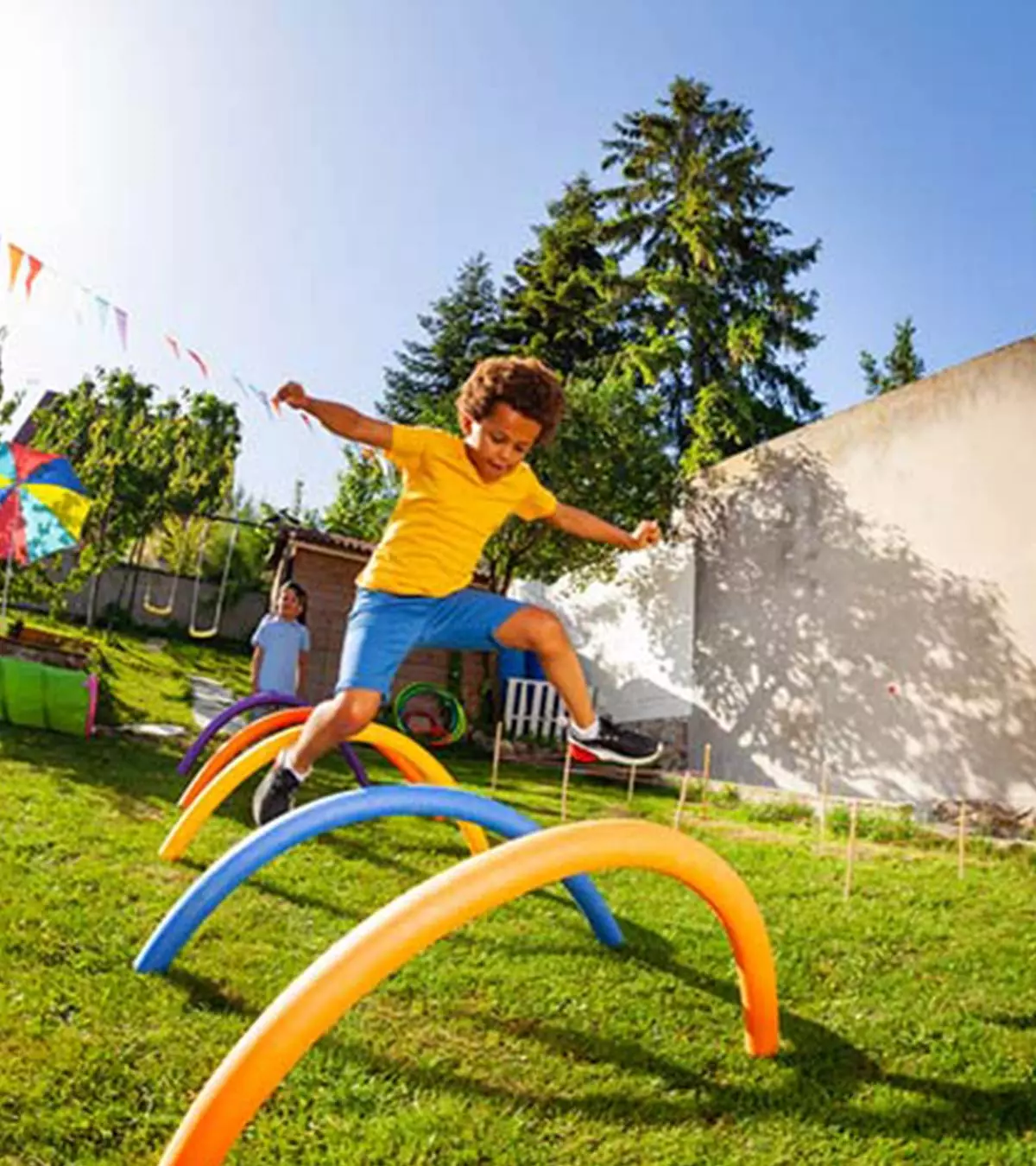
An obstacle course for kids is an organized (often time-bound) task where a child has to scramble, go over, under, and through a series of targets and objects like logs to reach from one end of the course to another. Since this involves lots of physical activity, including jumping, skipping, and rolling, engaging children in an obstacle course can be beneficial overall as it requires immense amounts of concentration.
When children engage in an obstacle or relay course, they burn their energy and perform motor activities that strengthen their bodies. Besides, it enhances a child’s mental agility by making them think of ways to finish the course in time.
But though an obstacle course seems the best choice for children, setting up one at home can be challenging. So, here we bring you some obstacle course ideas that you can set up indoors or outdoors. Based on your child’s age and skills, you can alter their complexity and make them as challenging as you want.
15 Obstacle Course Ideas For Kids
If you want to keep your child occupied for quite some time, give them access to an obstacle course. Here are some ideas.
Indoor Obstacle Course
1. Indoor sack race
When your children cannot step out of the house but are restless, a good sack race helps to use their energy. A few jumps and hops and they will be tired and happy.
You will need:
- A burlap sack or a pillowcase
- Tape
How to play
:
- Give your child a burlap sack or a pillowcase.
- Map out a course in your living room with a start and finish line.
- Ask your child to jump to the finish line while wearing the “sack.”
- If your child is adventurous, you can even place some shallow objects on their paths to jump on, jump over, or jump around.
2. Everything obstacle race
It is one of the easiest obstacle courses you can set up for the children. Watch as your child happily comes up with strategies to navigate their way through it.
You will need:
- Anything you can find at home
- Tape
How to play
:
- Map out a course for the obstacle course with tape.
- Mark a start and finish line.
- Arrange the objects around the course.
- The child has to perform different maneuvers to cross each obstacle. For example, they have to dance to cross the toilet rolls, recite a poem to jump over the box, and twirl around thrice before they step over the coins, or jump like a kangaroo over the stool.
- Add a balance board to the mix, if you have one.
3. Learning obstacle course
If you have a preschooler who is learning letters or an older child studying advanced mathematics, you can use the obstacle course for kids to help them learn their stuff in a fun way.
You will need:
- Sticky notes
- Markers
How to play
:
- Stick the sticky notes all over your home in different places. You can choose different places such as under the table or chair, on the floor, or over the counter.
- Write age-specific content on the notes. If you have a younger child, you can write letters. For older children, you can include simple mathematical problems or three- or five-letter words.
- Ask your children to start looking for these notes.
- The moment they find them, assign them a task, such as dance, and then stomp hard to complete the task on the note.
- Continue till they find all the notes.
- You can make the game more exciting by telling them they cannot step on the floor while finding the notes.
 Did you know?
Did you know?4. String obstacle course
The awesome obstacle course for kids is something your child will enjoy. As they contort and squeeze into spaces, they can improve their flexibility. They will be constantly questioning which way out is easier. Be ready for the endless giggles.
You will need:
- String
- Tape
How to play
:
- Tie the string in various places, such as between the legs of a chair or across a doorway. Use tape wherever necessary.
- Mark a course with tape and ask your child to navigate through it without disturbing the string.
- If any string breaks or comes off, they have to start over.
- Outdoor Obstacle Courses
5. Circus obstacle course
If you have a backyard, the obstacle course is an entertaining one for your children. They can enjoy and improve their strength.
You will need:
- Hula hoops
- Stepping stones
- Wooden planks
- Doormats
- Old tires
How to play
:
- Arrange the tires, wooden planks, stones, and other objects strategically around your yard. If the plank is strong enough, you can
- use it as a bridge, placing it at an elevated height or balanced on two stones.
- Hold the hula hoop at one end of a plank.
- Your child has to navigate through various obstacles and jump through the hoop. Place doormats beneath so they don’t get hurt.
6. Sidewalk obstacle course
It is a simple obstacle for the everyday game. Your children could enjoy and have a wonderful time together.
You will need:
- Sidewalk chalk
How to play
:
- Draw a number line on the sidewalk with the chalk.
- Ask your child to do a certain task to cross the line. They could jump, dance, or twirl through the line.
- Keep changing the task daily for more fun. You could participate with them as well.
- The game helps them learn while playing.
 Point to consider
Point to consider7. Bike obstacle course
If your children are older and confident enough to ride a bike, you can organize the obstacle course. They will not only enjoy it but also get exercise as they cycle through the obstacles.
You will need:
- Bikes (for younger children, you can use tricycles)
- Broad wooden planks
- Small wooden blocks
- Chalk
How to play
:
- Use the chalk to mark out a course in your backyard.
- Arrange the wooden planks around the yard. You can use wooden blocks to prop them up.
- Let your children ride around the course. If there is more than one child, you can hold a race under supervision.
8. Water obstacle course
You can customize the course as per your children’s requirements and let them have a great time.
You will need:
- Balloons
- Water slide (optional)
- Inflatable water pool
- Slip-in slide
- Water
- Jugs
How to play
:
- Arrange various items across the yard.
- Let your children fetch water, fill the pool, slide into it, slide across the slip-in slide, and hit the water balloons.
- You can add or remove items as per your requirement and availability.
 Quick tip
Quick tip9. Spy training course
Children love being a secret agent, so provide them the training to make them the best spy ever.
You will need:
- Nerf guns
- Tires
- Table
- Balloons
- Papers (for target practice)
- Buckets
- Water
How to play
:
- Let the children practice their target with Nerf guns. Attach some sheets of paper to a tree and let them shoot.
- Then ask them to step through tires to proceed to the next round of training.
- Attach balloons on the underside of the table. Children must crawl under it without touching the balloons.
- Next, they get to the buckets, where they dip their legs and try to walk without slipping to the designated finish line.
- The child who completes these tasks is a true spy.
10. The pool noodle and balloon course
You can do a lot of stuff with random materials you find at home. Things such as pool noodles are perfect for a backyard obstacle course for kids.
You will need:
- Balloons
- Table
- Pool noodles
- Tub and mud (optional)
- Toys
- Bucket
How to play
:
- Inflate the balloons and attach them to the table to create a balloon tunnel.
- Once the child crosses the tunnel, they have to pick their toys along the way and put them into the bucket placed at a distance.
- You can use the tub and mud for this step and bury the toys in the mud for the children to dig them out.
- Next, they have to pass through a pool noodle tunnel.
- You can put hula hoops or tires on the ground for them to jump through.
- DIY Obstacle Course
11. Boot camp course
If you are looking for an army-based obstacle course, arrange a boot camp. It would be a mix of fun and exercises.
You will need:
- Cone markers
- Ropes
- Chalk
- Hula hoops
- Tape
How to play
:
- Set up the cone markers at regular intervals. Roll out the rope around them on the ground.
- Fix hula hoops in an upright position with tape.
- Use chalk to mark the course, the start and finish lines.
- Let your children go wild on the course.
12. String maze
It is similar to the string obstacle course but a little more complicated. You can create it at home, and your children will have endless hours of fun.
You will need:
- String
- Tape
How to play
:
- Select a lesser-used hallway and attach strings along with it in a zigzag way.
- Every time your child wants to pass the hallway, they have to navigate through the strings.
- You can create your own rules, such as not touching the strings, using only one hand and one leg to navigate.
13. Don’t ring the bells obstacle course
Once you make the bells, you can hang them in a hallway or on the patio so that your children can play.
You will need:
- Rope
- Hula hoop
- Bells (or any Christmas ornaments that make a sound)
- String
How to play
:
- Tie the ornaments or bells to the hula hoop with the string.
- Tie the hula hoop to a beam in the ceiling using the rope. Adjust the hoop’s height from the ground according to the height of your children.
- Ask your child to pass through the hoop without ringing the bells.
14. Tape obstacle course
The obstacle course is simple for young children, such as toddlers and preschoolers.
You will need:
- Tape
How to play
:
- Mark a course with start and finish lines.
- Stick tape in various shapes along the course. Each shape should be near each other but not too near.
- Let your child go from start to finish by jumping through the shapes.
15. Glow-in-the-dark obstacle course
It is time to get out your glow sticks and start building the unique obstacle course for kids.
You will need:
- A bunch of glow sticks
- Other items available at home
How to play
:
- Put the glow sticks in strategic places once it is dark.
- Green glow sticks can be the path, and orange ones can be collected on the go.
- Send off your children on a chase to get through various obstacles such as boxes or planks to collect the orange sticks.
- You can provide them with flashlights that they can use a certain number of times only.
Safety Measures To Follow During Obstacle Course
While an obstacle course for kids is the best way to spend time, you must always keep their safety a top priority.
- Use pillows, cushions, foam mats, blankets, and yoga mats while your children are playing to stay safe from the bumps in the obstacle courses.
- Also, remember to always keep an eye on them while they are navigating an obstacle course.
- Do not keep any sharp objects through the course.
Benefits Of Obstacle Course For Kids
Obstacle courses give children a chance to exercise their mental and physical skills in exciting ways. Here are some benefits of an obstacle course for kids.
1. Memory development
Performing actions in a sequence is something every child does unconsciously. However, remembering the series is a skill that needs development. A well-planned obstacle course for kids makes them do things in a particular order and develops their memory. It is a skill essential for daily activities.
2. Motor planning
Motor planning is the planning needed to execute their memory in sequence. It might be something as simple as walking or something complicated as moving in a specific manner.
The trial and error used during motor planning help children learn and perform physical activities. With practice, your child will be able to hone their performance for the best results.
3. Gross motor skill development
Obstacle courses improve gross motor skills
. Children learn to use different parts of their bodies in different ways to get a task done. The development of gross motor skills is an essential aspect of daily life and practicing daily makes them fit for the long run.
4. Sensory development
Various tasks in an obstacle course involve interactions with different sensory objects. Your child might be climbing on a rope, jumping over boxes sideways, and then crawling on the floor or in the mud. These sensory interactions develop their ability to maneuver their way through different obstacles. They learn to interact with different objects by coordinating and balancing their bodies through the tasks.
5. Strength development
Every task, simple or complex, requires your child to use different body muscles to navigate and complete. Each obstacle gives your children the chance to use muscles that they usually don’t use. Muscle strength is essential for growing children and helps maintain a healthy lifestyle.
6. Bilateral coordination
Bilateral coordination is the ability to move both sides of the body in tandem to complete a task. It takes practice to achieve, especially if your child is young, but the right obstacle course helps them learn. The best example of bilateral coordination is the use of both hands and legs to climb a rope ladder. They have to learn to use their arms and legs alternately to climb quickly and effectively.
7. Problem-solving ability
Each task requires your child to make a choice. Children love working with puzzles that are interactive and require thinking. They try something new to see if it works. Thus, they develop their problem-solving abilities by trial and error, trying to find the best solution.
8. Teamwork
If you have more than one child participating in an obstacle course, they will learn how to work together in a team. You can divide your children into teams or assign tasks so that each player can go forward only if they assist the other players. This way, your children will learn the importance of teamwork and friendly-competition.
9. Communication
Teamwork requires communication. A team effort will not work if two players are shouting about opposite things and no one is listening to the other. Obstacle courses improve the communication skills as a constant conversation is required to win the game.
An obstacle course for kids could be the best thing you give your child. They can be as energetic as they want and get away with it, and enjoy themselves in the process.
Frequently Asked Questions
1. How do I set up an obstacle course for my toddler?
There are no set rules for setting up an obstacle course. A few things that you should remember are that the course should be engaging, challenging, and age-appropriate for your child. Plan in such a way that it can help your child’s motor and cognitive development. You can try a DIY obstacle course or buy one online.
Amy, a mother of four and a homeschool teacher, believes parents can create obstacle courses at home with the help of discarded or recycled materials and a little creativity. She says, “Once Remi (younger daughter) had had enough of their homemade seesaw, Addy (older daughter) used the board to make an incline for another type of balance beam. Before I knew it, she had created an entire obstacle course for herself. The towel (?) was the starting point, and from there she had to go up the plank… and across the next board…and then walk off onto the construction spool and roll as far as she could (i).”
2. What does an obstacle course consist of?
Depending on how challenging an obstacle course needs to be, it can consist of several brief challenges that involve jumping, climbing, rolling, running, crawling, balancing, and swimming. What challenges you pick depends on your child’s age, motor skills, and cognitive development. Generally, parents are advised to start with a simple obstacle course and gradually build up its complexity to challenge their kid’s skills and strength.
3. What age group are obstacle courses best suited for?
Individuals of all age groups may enjoy obstacle courses. However, set the course according to your child’s physical and cognitive abilities and readiness.
4. How can obstacle courses be adapted to different levels of physical ability?
Obstacle courses can be adapted to different levels of physical ability by adjusting the difficulty of individual obstacles, offering multiple paths or options within the course, providing tools or equipment for support, and giving time extensions.
5. What are some common mistakes to avoid when designing an obstacle course for kids?
Mistakes when designing an obstacle course may take away from the fun and learning experience and even threaten the child’s safety. These can include designing an overly complicated obstacle course, creating a monotonous course without diverse challenges, insufficient supervision and safety measures, and constructing an obstacle course without considering the target age group’s capabilities and physical abilities.
Obstacle courses for kids can have multiple benefits. They can be a fun family activity and help improve the child’s physical fitness, strategic thinking, logical reasoning, and sportsman spirit. Help your child choose an obstacle course from this list based on what you think they would be interested in. Depending on the child’s age and expertise, you can gradually increase or decrease the difficulty level of the activity. Finally, ensure safety while setting up these courses to prevent the risk of injury and associated fear.
Infographic: Living Room Obstacle Course Ideas
Going outdoors for an adventurous experience may not always be feasible and is also not necessary. Save this infographic, where we enlist some nifty, quick, and cost-effective ways to turn your living room into a challenging obstacle course for kids. Illustration: Momjunction Design Team
Key Pointers
- Staying active with some fun obstacle course activities is a great way to encourage physical activity in children.
- The good-old sack race game or the simple sidewalk obstacle course fosters teamwork, muscle strength, and a joyous playtime.
- Have some great moments together by engaging your children in these easy, enjoyable obstacle courses.
- Take all safety measures and select a course suitable for your child’s age and interest.
Get ready for family fun with a thrilling DIY Backyard Obstacle Course! Watch this engaging video to create an exciting, active adventure for your kids right in your own backyard.
Personal Experience: Source
MomJunction articles include first-hand experiences to provide you with better insights through real-life narratives. Here are the sources of personal accounts referenced in this article.
i. Recycled backyard fun;https://whyamysmiles.wordpress.com/tag/obstacle-course/
- Basic GK Questions And Answers For Kids
- Easy Trivia Questions And Answers For Kids
- Interesting Never-Have-I-Ever Questions For Kids
- Easy Disney Trivia Questions And Answers For Kids
Read full bio of Dr. Neha Mehta
Read full bio of Harshita Makvana
Read full bio of Trisha Chakraborty





